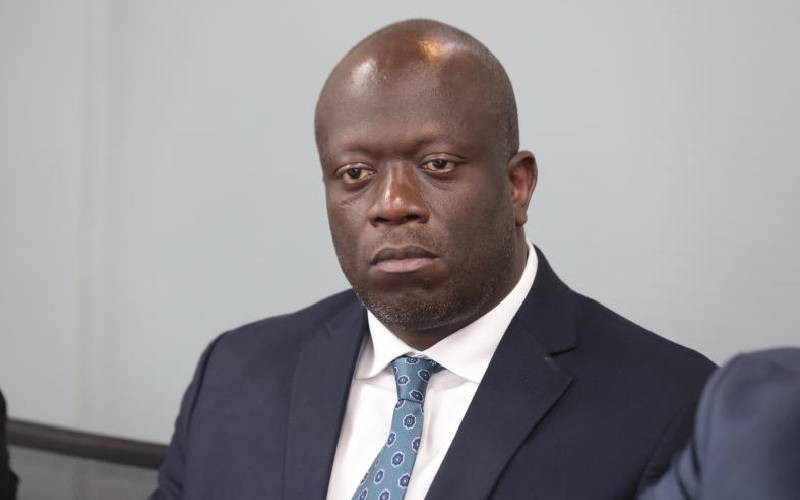×
The Standard e-Paper
Fearless, Trusted News

Kenya is aligning its National E-Commerce Strategy with the East African e-commerce strategy, the AfCFTA Protocol on E-Commerce, and the UN Sustainable Development Goal 9 to drive growth in the digital economy.
Trade Principal Secretary Alfred K'Ombudo said that the government aims to adopt international best practices by enhancing digital infrastructure, improving online payment systems, and streamlining regulatory frameworks.